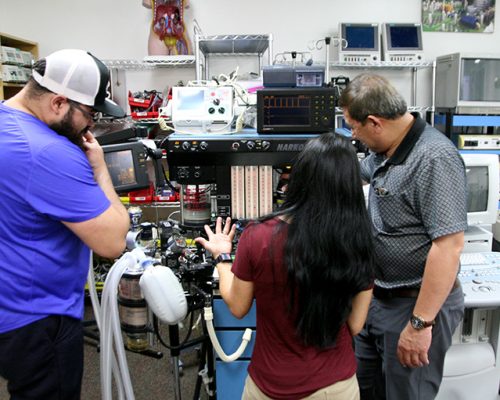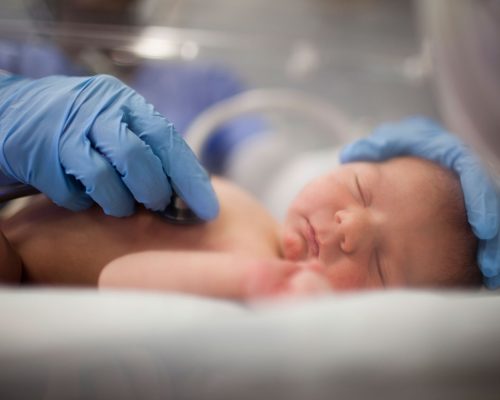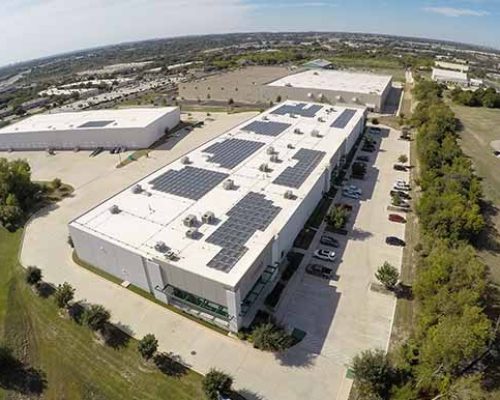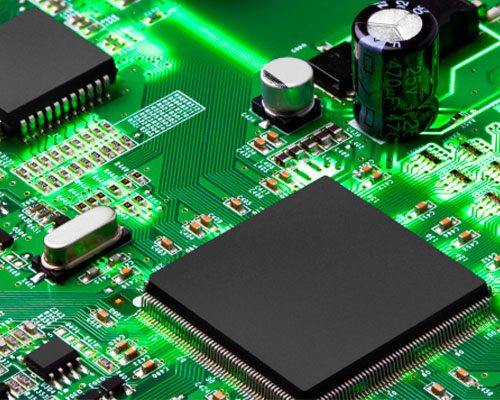The Neonatal Intensive Care Unit (NICU) is a specialized environment designed to provide the highest level of medical care for premature and critically ill newborns. Among the array of advanced medical equipment in the NICU, incubators stand out as one of the most critical devices.
NICU incubators are not just beds for infants; they are sophisticated systems that create a controlled environment essential for the survival and development of vulnerable newborns. This blog post explores why NICU incubators are indispensable in neonatal intensive care, delving into their functions, benefits, and the pivotal role they play in supporting the health and growth of infants during their most crucial stages of life.
The Role of NICU Incubators
NICU incubators are enclosed units that provide a stable, controlled environment mimicking the protective conditions of the womb. Premature and critically ill infants often lack the ability to regulate their body temperature, are highly susceptible to infections, and may have underdeveloped organs. The incubator addresses these challenges by offering:
- Thermal Regulation: Maintaining a consistent temperature to prevent hypothermia or hyperthermia.
- Controlled Humidity: Providing adequate moisture to protect the infant’s delicate skin and respiratory system.
- Isolation: Reducing exposure to external stimuli and potential pathogens.
- Monitoring Systems: Transport incubators, in particular, are equipped with specialized monitors and sensors to track vital signs like heart rate, oxygen saturation, and respiratory rate.
By creating an optimal environment, incubators give infants the best chance to grow and develop during their critical early days and weeks.
Importance of Thermoregulation
One of the primary functions of an incubator is to maintain the infant’s body temperature within a narrow, healthy range. Premature babies have limited fat reserves and immature skin, making them prone to rapid heat loss. Hypothermia can lead to increased metabolic demands, respiratory distress, and can adversely affect growth and development.
Incubators use advanced heating mechanisms and temperature sensors to ensure a stable thermal environment. Some models feature servo-controlled systems that adjust the temperature automatically based on the infant’s skin temperature. This precision in thermoregulation reduces stress on the infant’s body, allowing vital energy to be directed toward growth and healing.
Controlled Humidity and Air Quality
The skin of premature infants is not fully developed, leading to higher transepidermal water loss. Incubators provide controlled humidity levels to prevent dehydration and protect the skin’s integrity. Maintaining appropriate humidity also supports respiratory function by keeping mucous membranes moist, which is essential for infants on ventilatory support.
Air quality is another critical aspect. Incubators often include air filtration systems that minimize the presence of airborne pathogens, dust, and other contaminants. This isolation from environmental pollutants significantly reduces the risk of infections, which can be life-threatening for infants with underdeveloped immune systems.
Facilitation of Medical Interventions
NICU incubators are designed to support the myriad of medical interventions that critically ill infants may require. Features that facilitate care include:
- Access Ports and Doors: Allow healthcare providers to perform procedures without removing the infant from the controlled environment.
- Adjustable Settings: Enable customization of temperature, humidity, and oxygen levels based on the infant’s needs.
- Integration with Medical Equipment: Accommodate monitors, intravenous lines, and respiratory support devices seamlessly.
By enabling continuous care within a stable environment, incubators minimize disruptions and stress on the infant, which can positively impact recovery and outcomes.
Promoting Growth and Development
Creating an environment that mimics the womb is essential for the neurodevelopmental growth of premature infants. Incubators help reduce exposure to excessive light and sound, which can be overstimulating and detrimental to brain development. Some incubators are equipped with features like noise reduction and dimmable lighting to create a more soothing atmosphere.
Furthermore, maintaining stable physiological conditions allows infants to expend less energy on basic survival functions and more on growth and development. Studies have shown that infants cared for in optimal incubator environments have improved weight gain, better respiratory outcomes, and enhanced overall development compared to those without such support.
Supporting Family Involvement
While incubators provide necessary isolation, they are also designed to promote parental involvement in the infant’s care. Features such as large viewing windows and access ports enable parents to see and touch their baby, facilitating bonding. Some advanced incubators allow for “kangaroo care,” where the infant can have skin-to-skin contact with parents without significant disruption to their controlled environment.
Family-centered care is recognized for its benefits in promoting emotional well-being for both the infant and parents. By supporting this interaction, incubators play a role not just in the physical health of the infant but also in the emotional and psychological aspects of neonatal care.
Technological Advancements in Incubators
The evolution of NICU incubators reflects ongoing technological advancements aimed at improving neonatal outcomes. Modern incubators may include:
- Automated Monitoring: Integration with electronic health records for real-time data sharing.
- Advanced Alarms: Immediate alerts for any deviations from set parameters, allowing for prompt interventions.
- Infection Control Features: Materials and designs that are easy to clean and reduce the risk of hospital-acquired infections.
- Remote Monitoring: Capabilities for healthcare providers to monitor infants remotely, enhancing care in situations with limited staffing or during procedures requiring distance.
These innovations contribute to higher standards of care, increased safety, and improved survival rates for premature and critically ill infants.
Get Life-Saving NICU Incubators from International Biomedical
NICU incubators are indispensable tools in neonatal intensive care, providing the essential support that premature and critically ill infants need to survive and thrive. By offering controlled environments for thermoregulation, humidity, and protection from external hazards, incubators address the unique vulnerabilities of these infants. They facilitate vital medical interventions while promoting growth, development, and family involvement.
Equip your neonatal intensive care unit with state-of-the-art NICU incubators from International Biomedical. Our neonatal transport incubators provide the controlled environments crucial for the survival and development of premature and critically ill infants. Discover how our technology can support vital medical interventions and enhance outcomes. Contact us today to learn more about our neonatal transport incubators and their benefits.









